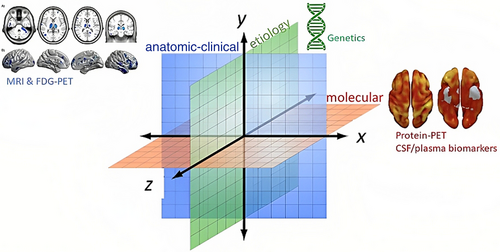Mutations in the alpha-synuclein (SNCA) gene cause autosomal dominant Parkinson's disease (PD). Common SNCA polymorphisms have been associated with the risk of developing PD. Abnormal expression and post-translational modification of SNCA has been found in PD-brains. In addition to a full length transcript (SNCA-140) there are three short isoforms (SNCA-98, -112, and -126) that could be prone to aggregation. The association between SNCA polymorphisms and PD could be explained through an increased expression of these alternative transcripts. Our aim was to measure the different SNCA transcripts in the substantia nigra (SN), cerebellum (CB), and occipital cortex (OC) from PD-patients (n=9) and healthy subjects (n=6). In addition, we determined whether two SNCA polymorphisms (SNPs rs356165 and rs11931074) were related to differences in transcript isoform expression. PD brain tissues showed higher levels of the three short transcripts in the SN, but only SNCA-112 and SNCA-98 were significantly increased in the CB of patients vs. controls (p=0.02, p=0.03). The genotyping of a large cohort of PD-patients and controls showed that haplotype rs356165-A+rs11931074-G had a protective effect (OR=0.71; CI=0.59-0.83), while the G-T haplotype increased the risk for PD (OR=1.44; CI=1.06-1.96). We did not find significant differences for the SNCA levels between the haplotypes. In conclusion, we found statistically significant higher levels of the SNCA-112 and SNCA-98 transcripts in the CB of PD brains, and a trend toward higher levels of the short transcript isoforms in the SN of PD brains.
http://dx.doi.org/10.1016/j.neulet.2014.01.009

